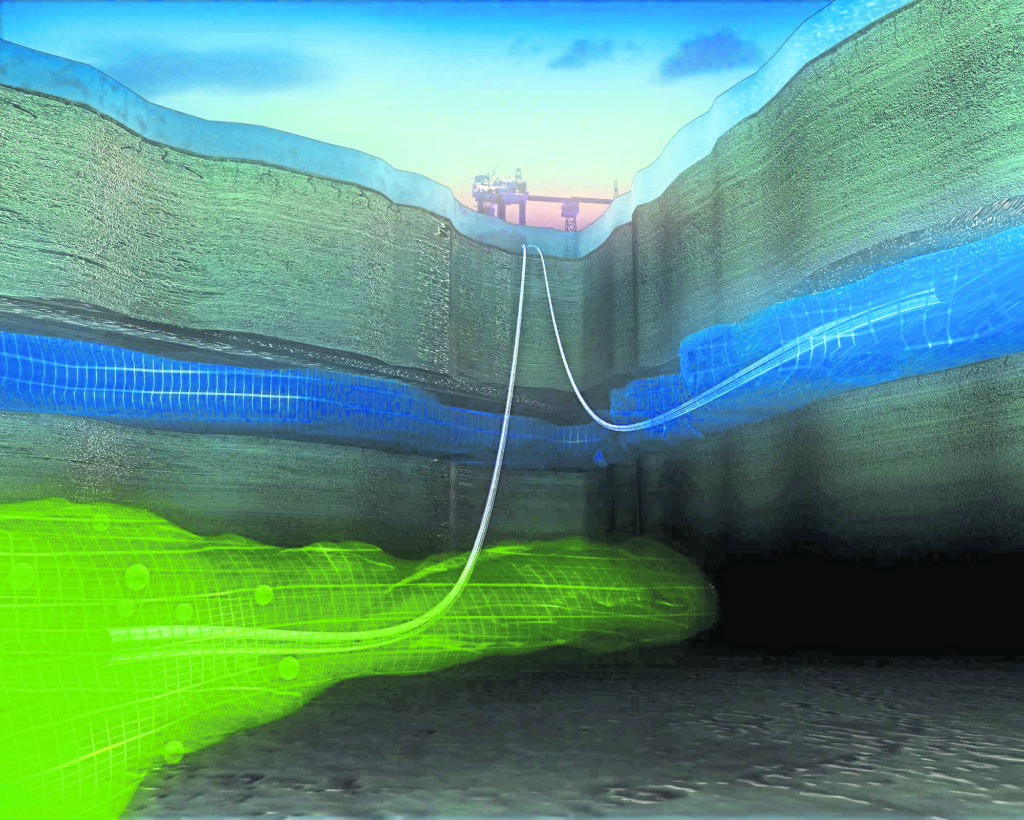
Jobs in energy-intensive industries like the oil and gas sector will disappear from the UK unless technologies such as carbon capture and storage are taken forward, a leading expert has warned.
Professor Stuart Haszeldine highlighted the “profound social imperative” of pursuing CCS, as he told MPs some 15% of the workforce could be “stranded” without a switch to a low-carbon economy.
He also said it would be “impossible” to reach a net zero carbon footprint without it.
And he stressed existing oil and gas infrastructure that could be used for CCS was at risk of being decommissioned if the government waits too long to act, thereby increasing the cost of projects.
Prof Haszeldine, director of Scottish Carbon Capture and Storage, made the remarks to a Commons committee yesterday.
He said: “Unless we enable the people in these jobs to transition what they do – the people who work in the oil and gas industry, the people who work in the chemicals industry, the people who work in carbon-emitting industries – unless we enable those jobs to transition into a low-carbon economy, those jobs will disappear out of the UK.
“And we will end up with something like 15% of our workforce being stranded. So it has a profound ‘carbon justice’ aspect to it.”
He also used his evidence to call on the Department for Business, Energy and Industrial Strategy (BEIS) to create markets for CCS, claiming this had been “missing” from policy thus far.
And he said all five potential CCS clusters – including on the east coast of Scotland – should be advanced when they are ready rather than favouring one or two over the others.
In an appeal to act now, he warned it could be more expensive to wait as infrastructure could be decommissioned.
Luke Warren, chief executive of the Carbon Capture and Storage Association, who also appeared before MPs, said the UK could be very competitive globally.
He added: “We have a word-class oil and gas industry. It has exactly the supply chain that’s needed.”
A BEIS spokesman said: “We are currently examining the recommendations of the CCUS cost challenge taskforce and will set out our plans in due course.”
Recommended for you
